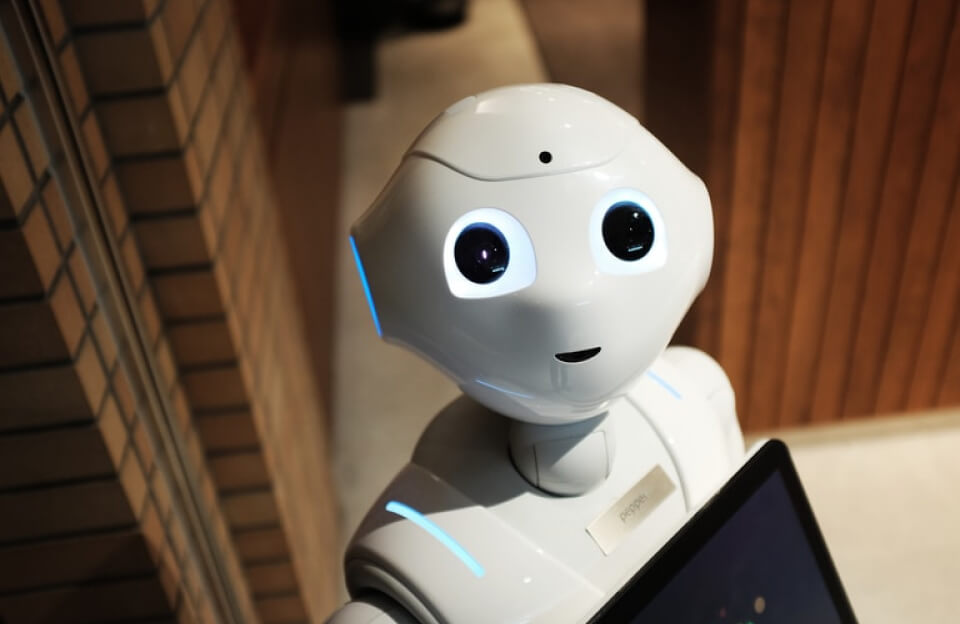In 1951, a young African American woman named Henrietta Lacks unknowingly changed the future of medicine. Cells taken from her tumor without her knowledge or consent became the first immortal human cell line, known as HeLa cells. These cells revolutionized scientific research, leading to breakthroughs in cancer treatment, vaccines, and genetics. But behind this medical miracle lies a powerful lesson about ethics, equity, and the hidden cost of scientific advancement.
The Birth of Immortal Cells
Henrietta Lacks was treated for cervical cancer at Johns Hopkins Hospital, one of the few institutions at the time offering care to Black patients. During her treatment, doctors collected a sample of her tumor cells. To their astonishment, these cells did not die like others they multiplied rapidly and continuously. Researchers realized they had something unprecedented: a self-replicating human cell line that could be used for experiments across the world.
HeLa cells went on to support research that helped develop:
- The polio vaccine
- Chemotherapy drugs
- In vitro fertilization (IVF)
- AIDS and COVID-19 treatments
- Insights into human genetics
The Ethical Gap in Scientific Progress
Despite the global impact of her cells, Henrietta Lacks was never told her tissue had been taken or that it was being used in research. Her family didn’t learn of it until decades later by then, HeLa cells had become a billion dollar cornerstone of biomedical science.
The story sparked deep discussions around:
- Informed consent
- Medical racism
- Ownership of biological material
- The right to benefit from one’s own tissue
Why Science Still Needs Your Cells With Consent
Modern science depends on human cells to advance medical research, test treatments, and study diseases. However, the legacy of Henrietta Lacks reminds us that ethical standards must evolve alongside innovation. Today, most reputable research institutions require:
- Clear, written consent before using tissue samples
- Full transparency on how samples will be used
- Anonymity and data protection for donors
In some cases, individuals can even choose how their samples may be used for example, only for cancer research or not for commercial development.
Moving Forward With Equity
Henrietta’s story has become a cornerstone of bioethics education. It inspired reforms in patient rights and fueled global efforts to ensure communities of color are not exploited in the name of science. In recent years, her descendants have worked with institutions to secure proper recognition and share in the legacy of her contributions.
In 2021, the World Health Organization (WHO) honored Henrietta Lacks, acknowledging that “science owes her family a debt.”



